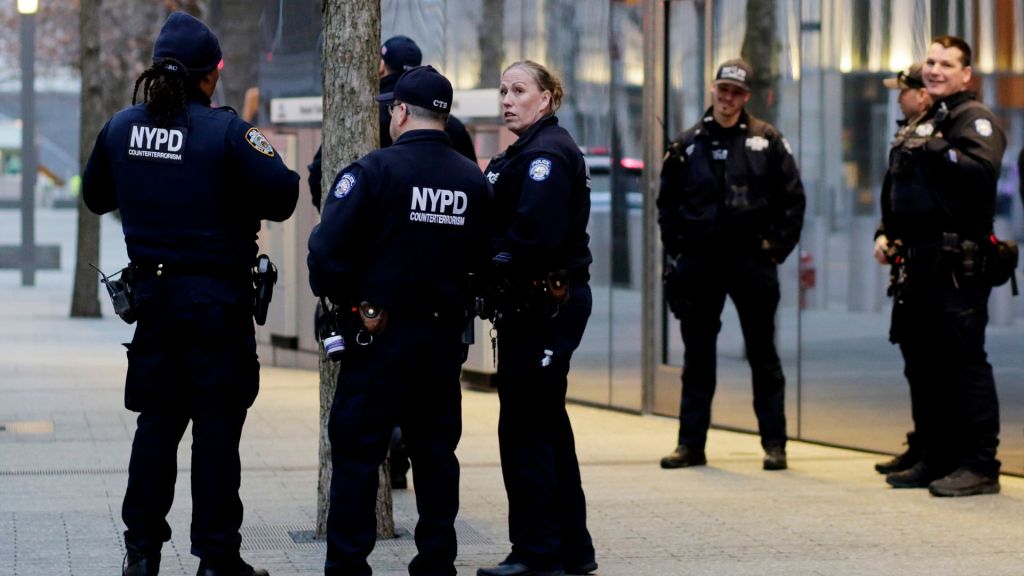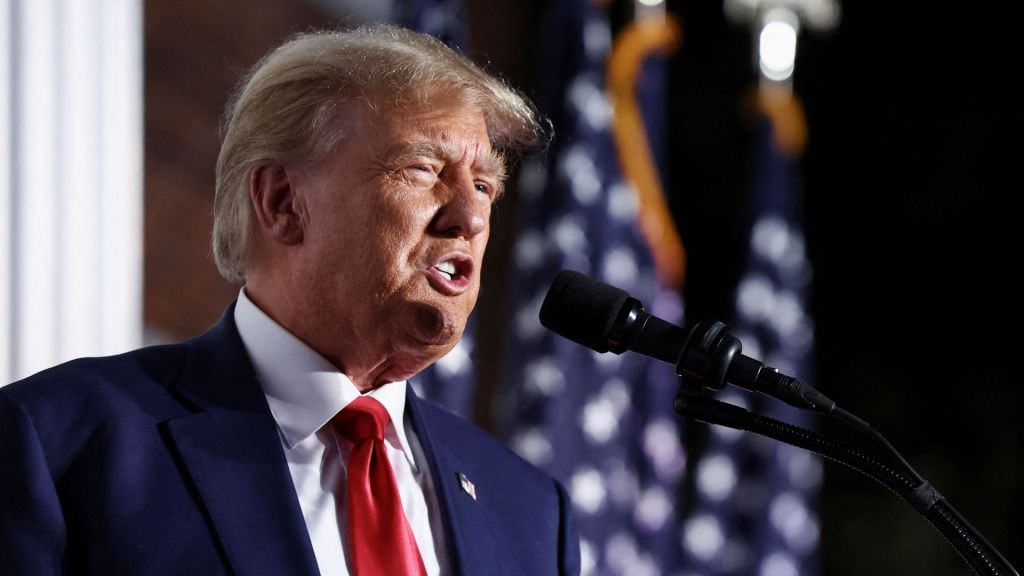
The Department of Homeland Security announced it made 3,900 weapons seizures from October to July, including 1,900 handguns, 593 long arms, and 77 explosives. That’s more than all of fiscal year 2022. But the reality is federal officials confiscate just a fraction of the 200,000 to 250,000 weapons smuggled from America into Mexico every year.
Just like drugs coming into the United States, most of the guns and ammunition smuggled out go through ports of entry.
“So they wait for big ports of entry, when they’re really busy, you know, people going south bound and you try to kind of hide in plain sight,” Dr. Victor Manjarrez, Director of the Center for Law & Human Behavior at the University of Texas at El Paso, said.
Manjarrez, a former Border Patrol Sector Chief, said while cartels get a substantial amount of ammunition from America, much of their weapons come from Cuba, Central America, Venezuela and Brazil.
“So even if we had, you know, a lockdown of almost 100% on that, I don’t think that the cartels would suffer much of a road bump or a hitch there in trying to get weapons. You’d have to pay a little bit more, but the money’s endless for them,” Majarrez said.
That’s because drug cartels have diversified into oil and gas, avocados and more.
Research by the National Consortium for the Study of Terrorism and Responses to Terrorism (START) found that cartels extort avocado growers by demanding “rent” or protection payments for operating fields in their territory. The criminal organizations also seize land, deforest, plant and cultivate on their own.
It’s a massive business. The US imported 1.1 million metric tons of avocados from Mexico in 2021 worth $2.8 billion.
It’s also violent. On the eve of the 2022 Super Bowl, the US government suspended all avocado imports from Mexico for six days because a US plant inspector received a threatening message.
In the state of Michoacan, where the Avocados are produced and exported, Mexican Army special forces soldiers patrol with machine guns. They also use special equipment to deactivate explosives planted by drug traffickers.
Cartels make money on oil and gas by stealing it from the state owned petroleum company PEMEX and selling it on the black market. There are seven main pipelines in south central Mexico. The cartels sometimes siphon fuel from existing infrastructure, but they also built their own pipelines by bribing and threatening executives and engineers at PEMEX.
In 2018, criminal organizations tapped pipelines at least 15,000 times. In 2017, oil theft cost Mexico an estimated $3 billion.
These illegal fuel taps can be deadly. In January 2019, 137 people died after a tap led to a fiery explosion. Photos from the scene show the only thing that remained of the victims was ash and bones.
In October 2021, one person was killed and 15 were injured in an explosion that demolished at least 30 buildings. It would have been much worse had authorities not evacuated 2,000 people before the blast.
The New Generation Cartel is one of the main culprits and got into the business by taking over a smaller organization.
“The option was, you know, you either join us, or it’s death,” Victor Manjarrez
Manjarrez said that’s one of the cartel’s keys to expansion – force gangs to operate using their names and protection in exchange for a cut of illegal profits.
“You buy a franchise in McDonald’s. And you pay the, you know, the headquarters, or a corporation, a fee for the right to operate in a certain area. It is no different,” Manjarrez said.
According to START, cartels also make money through kidnapping, extortion and money laundering. Every state in Mexico has at least one cartel operating within it, some have as many as seven or eight.






